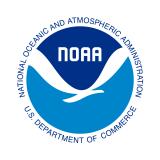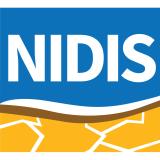Ecological Drought: Future of Aquatic Flows: November 4, 2024
This five-part webinar series seeks to raise awareness of ecological drought, share actions that strengthen ecosystem resilience and mitigate the impacts of droughts, and highlight advancements in integrating interdisciplinary research and management needs for future drought planning and preparedness. The series is co-hosted by the NOAA National Integrated Drought Information System (NIDIS) and the USGS National Climate Adaptation Science Center (NCASC), with expert speakers from the research community, tribal nations, and government agencies. Information shared will build on the NIDIS/NCASC 2021 National Ecological Drought Webinar Series.








